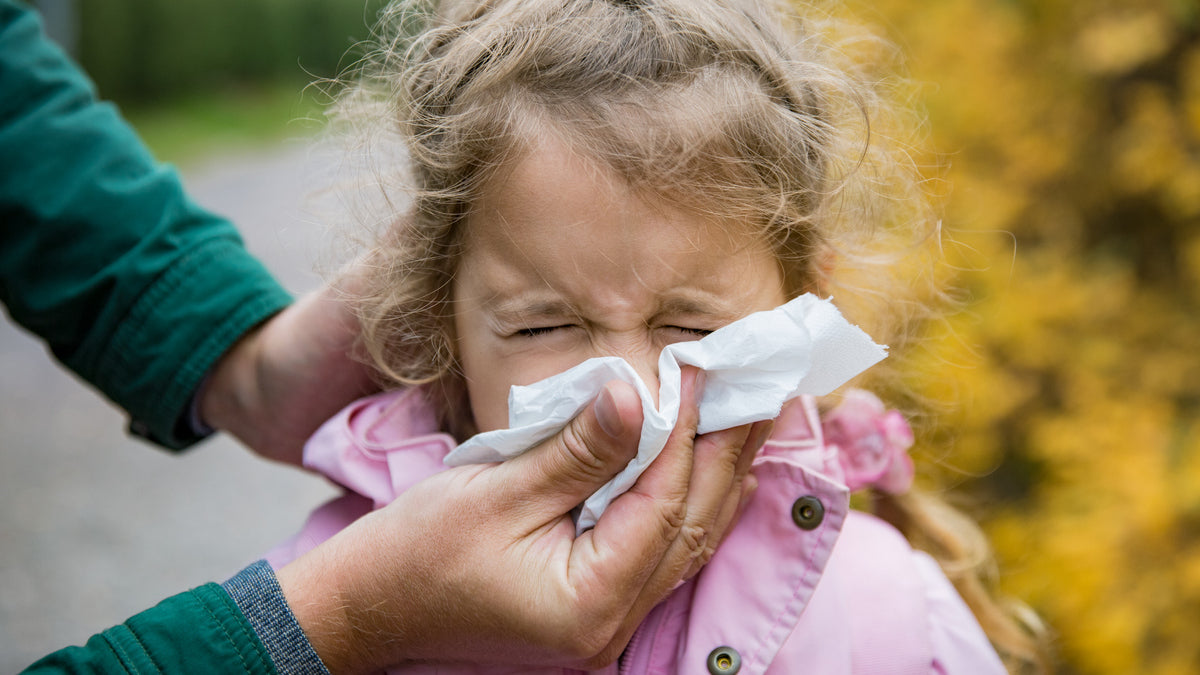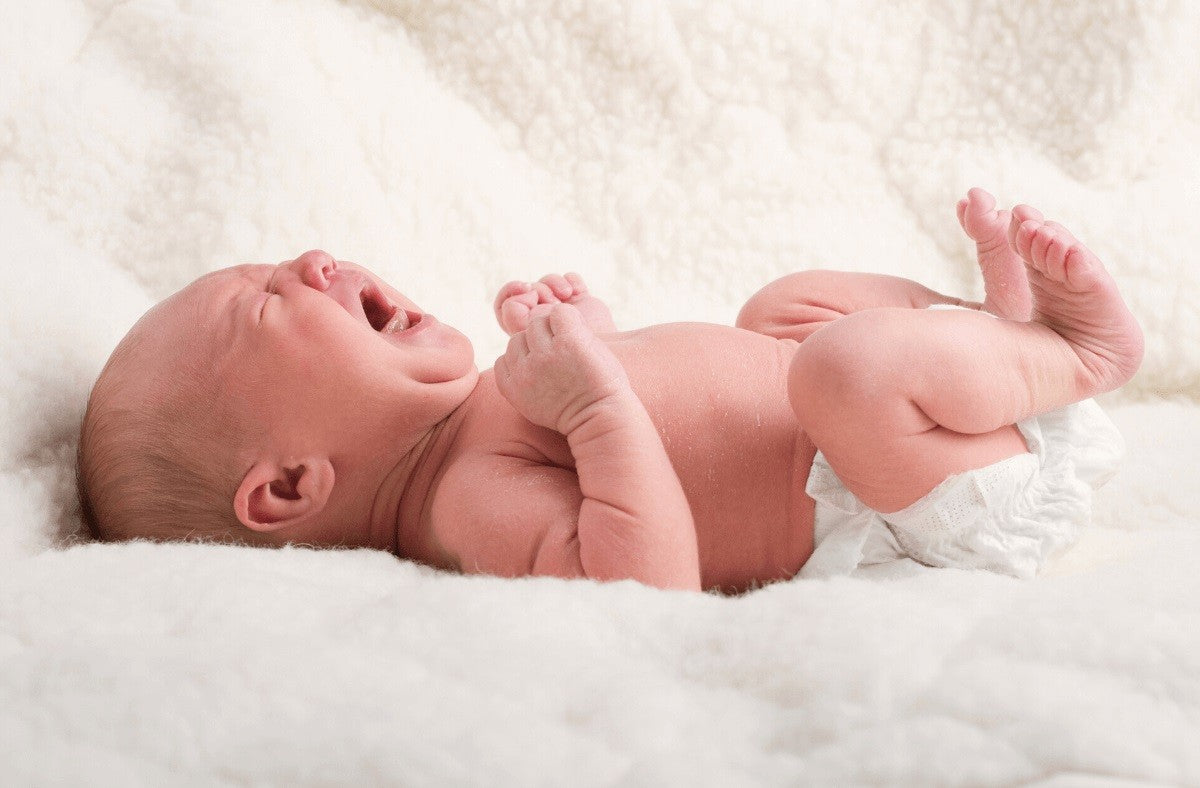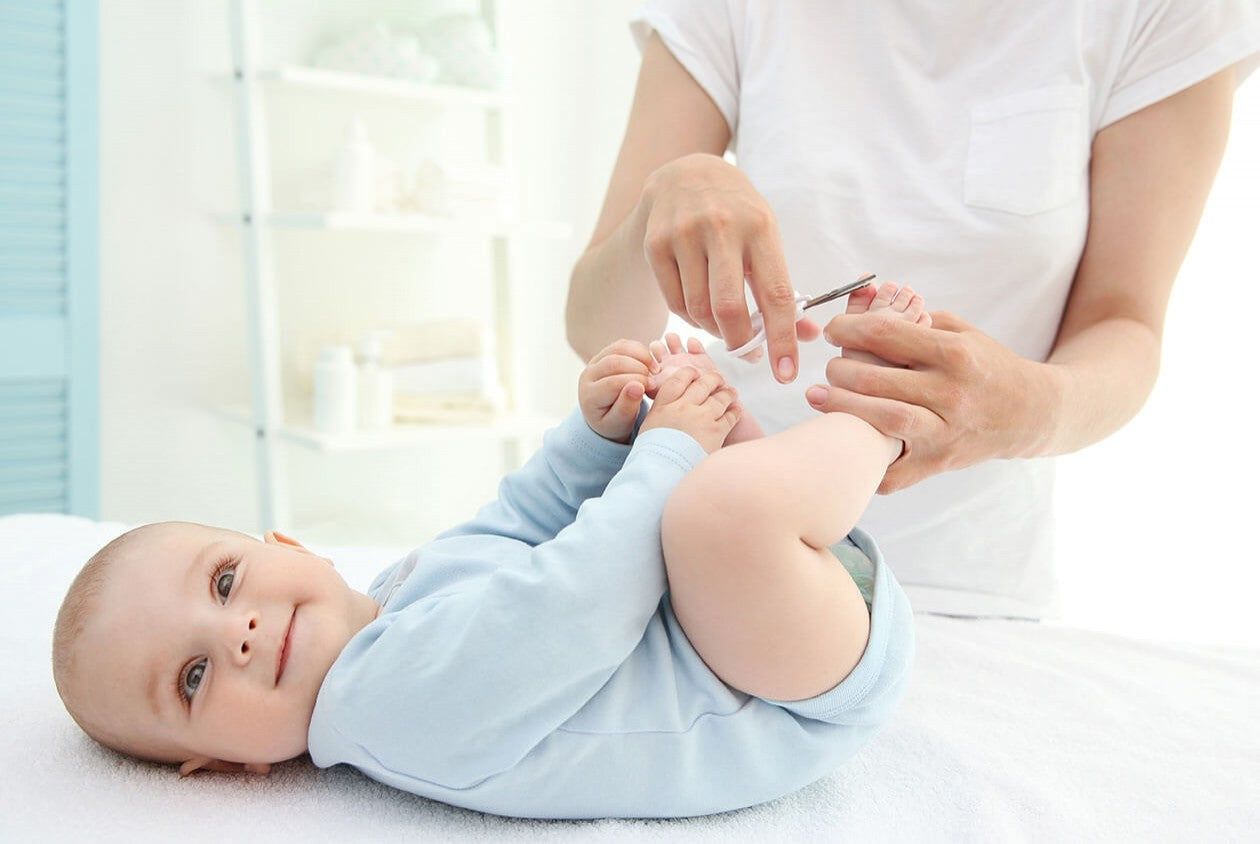Remedies for teething babies
All about baby teething: when do baby and permanent teeth come out and how to relieve discomfort
Teething of babies
When does the teething phase of babies begin and when do the first teeth appear? The 20 milk teeth are already present in the jaw from birth and begin to appear from 6 months, but each baby is different and the symptoms that accompany the eruption of the teeth are also personal. Here, then, are the schemes and advice.
Teething Symptoms of Babies
The first teeth begin to appear between 4 and 12 months, and most 3-year-olds have all 20 baby teeth. Generally, the two central incisors begin to appear first in both the upper and lower part.
How can we tell that the child is getting his teeth? The most common symptoms of teething are:
·irritability;
· Hypersalivation;
Slight increase in temperature (although a study published in Pediatrics has shown that a true fever, i.e. a temperature above 38 ° is a sign of infection or disease and cannot be linked to teething)
Swollen and painful gums;
In some cases small bluish round shaped formations may appear on the gums, it is nothing to worry about and are called eruption cysts and will disappear spontaneously after the eruption of the tooth.
Teething of children at 3 years
By age three and four , most children will have completed eruption of their twenty milk teeth (deciduous teeth) which will follow more or less this pattern:
· Between 4 and 7 months the first teeth come out, the 4 central incisors
The 4 lateral incisors come out at 7-8 months
· At 12 months, the first 4 molars appear
At 16 months the 4 canines usually come out
· Finally, around 2 years of age, the second molars will also come out.
Permanent teeth in children
At about six, baby teeth begin to wobble until they fall out to make way for permanent ones. From 6 to 12 years of age, therefore, we speak of mixed dentition of children because permanent teeth coexist with deciduous ones.
Girls usually start changing their teeth earlier than boys, and the first tooth that falls out is usually on the front of the lower jaw.
How to help children who are starting to lose their baby teeth?
Use cold packs or over-the-counter anti-inflammatory or pain relievers (acetaminophen is the drug of choice) to relieve any pain;
· Reassure the child: this is a natural process and it is normal for the gums to be a little swollen and a little blood to come out;
· It's time to talk about the tooth fairy: put the fallen tooth under the pillow and the next morning find a coin instead of the tooth. And remember that the fairy doesn't want dirty or stained teeth, so also use it to persuade children to brush their teeth every night and every morning.
In the end, the permanent dentition consists of 32 teeth: 4 incisors, 2 canines, 4 premolars and 6 molars.
Baby teething remedies
To soothe the discomfort associated with tooth eruption we can:
· Gently rub the baby's gums with a clean finger, with a small spoon that has remained in the refrigerator for a few hours or with a piece of moistened sterile gauze;
Give the little one a clean teething ring to chew on, the pressure of a cold object can relieve teething discomfort, so the teething rings can also be put in the refrigerator so that they become nice fresh and relieve some swelling and pain;
· If the discomfort is particularly annoying, ask the pediatrician who can prescribe a more specific natural remedy or drug.
Finally, remember to dry the skin around the lips often and gently: the saliva could irritate it and promote the appearance of annoying rashes.
Product against the annoyance of children's teething
We ask the pediatrician what remedies we can use to relieve the discomfort of tooth eruption. They are fine:
The rubbery rings that can be placed in the refrigerator and refresh the gums;
Gels and balms in pharmacies, to be applied on swollen and painful gums only after consulting your pediatrician.
Experts recommend avoiding remedies that have no scientific basis like amber necklaces - necklaces placed around a baby's neck can cause choking or strangulation, and there are no studies confirming their effectiveness in reducing teething pain.
Do not give the child any medication until after consulting the pediatrician.
After reading the article dear mothers, we advise you to take a look at our LUXURYKIDS website to discover all our articles.






Leave a comment